Children are having unhealthy snacks throughout the day, health chiefs have claimed as they launch a new campaign designed to reduce kids’ sugar intake.
Parents are being urged to give their children a maximum of two 100-calorie snacks a day by government agency Public Health England (PHE) as the latest step in its Change4Life campaign.
About half of children’s sugar intake comes from unhealthy snacks and sugary drinks, according to PHE, which said that, each year, children consume almost 400 biscuits, more than 120 cakes, buns and pastries, around 100 portions of sweets, nearly 70 chocolate bars and 70 ice creams, and more than 150 juice drink pouches and cans of fizzy drink.
On average, children have at least three unhealthy snacks and sugary drinks a day, added PHE, resulting in children consuming three times more sugar than is recommended.
The new campaign is flagging up healthier snacking alternatives that, in addition to fruit and low-sugar yoghurt, include baked products such crackers, malt loaf, crumpets and Scotch pancakes.
“The true extent of children’s snacking habits is greater than the odd biscuit or chocolate bar,” said Dr Alison Tedstone, PHE chief nutritionist. “Children are having unhealthy snacks throughout the day and parents have told us they’re concerned.
“To make it easier for busy families, we’ve developed a simple rule of thumb to help them move towards healthier snacking – look for 100-calorie snacks, two a day max.”
The new push will run for eight weeks from today (2 January), and will be supported with TV, radio adverts, outdoor and digital advertising, social media, partnerships and nationwide roadshows. Additionally, 3.6 million leaflets will be made available to primary schools, with information on healthier snacking and encouraging them to sign up for tips and special offers.
Parents can get money-off vouchers from Change4Life to help them try healthier snack options, including malt loaf and drinks with no added sugar. Supermarkets, including Tesco and Co-op, are also supporting the campaign.
Health campaigners Action on Sugar said the PHE findings about children’s sugar intake were a “stark reminder” of the need for a “revised and robust childhood obesity strategy”.
“Tactics need to include: mandatory product reformulation; clear front-of-pack colour-coded labelling; a ban on promotions of foods and drinks high in fat, salt and sugar; as well as tighter restrictions on marketing and advertising, which hugely influence children’s food and drink preferences,” said Action on Sugar chairman Graham MacGregor, professor of cardiovascular medicine at Queen Mary University of London.
“It’s ludicrous that billions of pounds are being spent by food and drink manufacturers on such promotions and publicity, which will simply outweigh the benefits of this campaign. Whilst parents do have a responsibility to take control of their children’s snacking, so do food and drink manufacturers and the government.”






















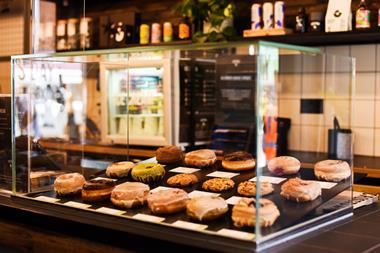

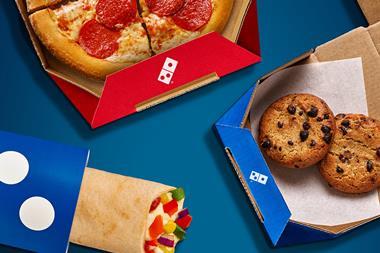
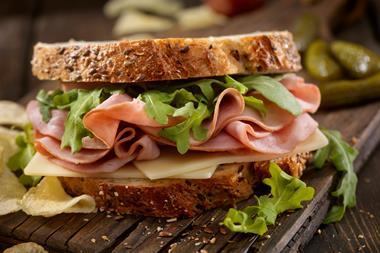

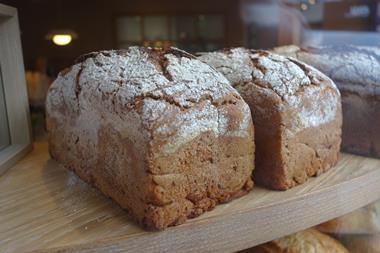
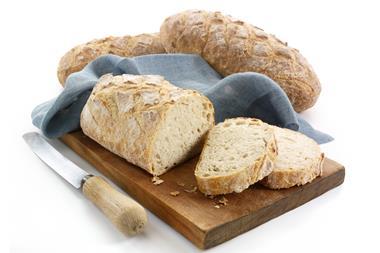
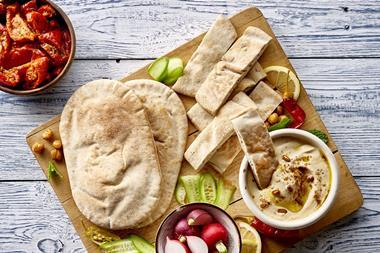
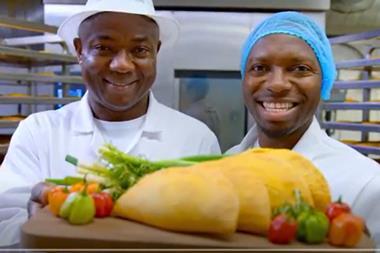
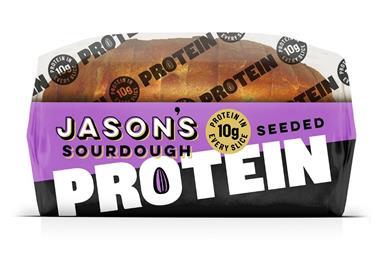

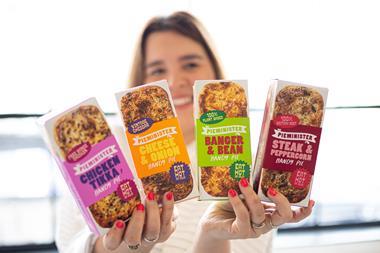

No comments yet